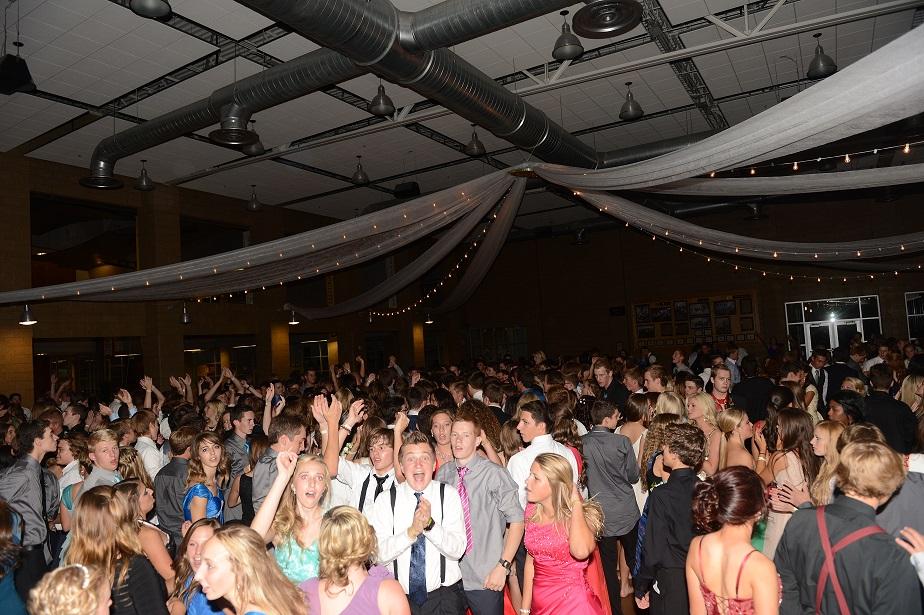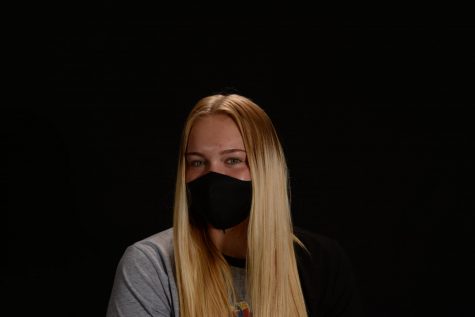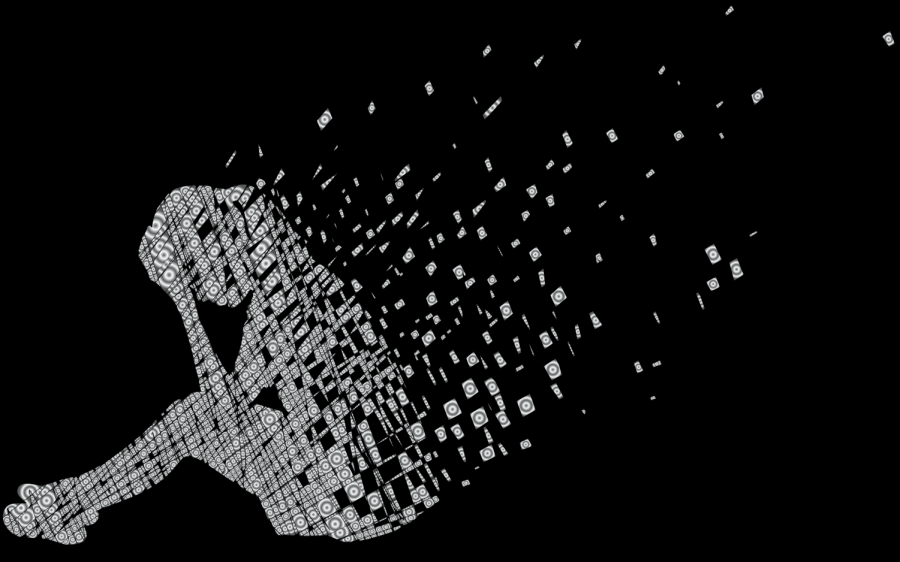Mental Illness Epidemic in Utah
Mental illness is something that is often not discussed and thought of as a sort of taboo subject, at least in Utah. Utah has a suicide rate of 22.7% with an estimated total of 663 suicides per year.
“In 2019, suicide was the leading cause of death for Utahns ages 10 to 17 and 18-24. It is the second leading cause of death for ages 25 to 44 and the fifth leading cause of death for ages 45-64,” according to ibis.health.utah.gov.
Many people in Utah suffer silently from mental illnesses because of the surrounding stigmatization in the culture.
Aliyah Clark, 20 from Kaysville, Utah talks about her experience with mental illnesses living in Utah.
“I have PTSD, anxiety, depression, bipolar disorder, anorexia, bulimia, body dysmorphia, passive suicidal ideation.” Utah is an absolute living hell, there’s so much stigma around mental illness that still exists, especially in Utah. There is no way to determine whether or not it is a cause but, in my opinion, there is definitely a correlation between the LDS church and mental illness, which is very ironic because in my experience the church has contributed to continuing the stigmatization of mental illness.”
As a result of the discretization of mental illness throughout Utah, there is a lack of knowledge surrounding the issue. People do not understand the effect their discretization has on people who are struggling to manage mental illnesses.
Liv Watts talks about how she feels the lack of understanding surrounding mental illness has affected her life.
“I have depression and at times it has been pretty severe. Living in Utah I feel has had more of a negative effect than a positive. There isn’t very much awareness of mental illness, especially between my peers. I feel we also live in a very judgmental environment so it’s hard to be open about my mental illness because people don’t understand or try to understand.”
Could the stigmatization surrounding this topic be due to the high religious population in Utah? Out of the 3.1 million residents in Utah, 62% of them are part of the LDS religion. This religion tends to look down upon those with mental illness. Often times it is correlated with not being a “righteous” enough person.
This person who shares their story on how the culture in Utah has affected them has asked to remain anonymous,
“I feel like in Utah standards are so high due to the Mormon religion and it is a lot of pressure added on to what teens already struggle through. For me, my family is very Mormon and I didn’t believe as much as they did and they would judge me so hard for my clothing and how I acted and it pushed my depression over the deep end which led me to attempting to take my life. Then on top of that I was judged for trying to take my life because of how horrible of a sin it is. I didn’t receive the help I needed for recovery from my family instead I had to reach out on my own.”
Alongside the previous quote, Addy Packer, 18 talks about how the LDS religion and culture Utah has played into her depression and anxiety.
“One of the biggest things with the Utah/ Mormon culture that has affected my depression is that many of the Mormons believe suicide is a sin and if someone died by suicide or thought about it then they would go to hell. Also growing up in the LDS church and having anxiety, I always felt like I was being judged at church.”
To many outsiders, Utah may seem to be a beautiful place where everyone is happy and there is not a care in the world. However, if you take a closer look into the lives of those with mental illnesses, you will see that is not the case. Utah is a hostile environment for those who suffer from mental health issues. Something has to change, so people who need it can get help without being looked down upon or judged.

























